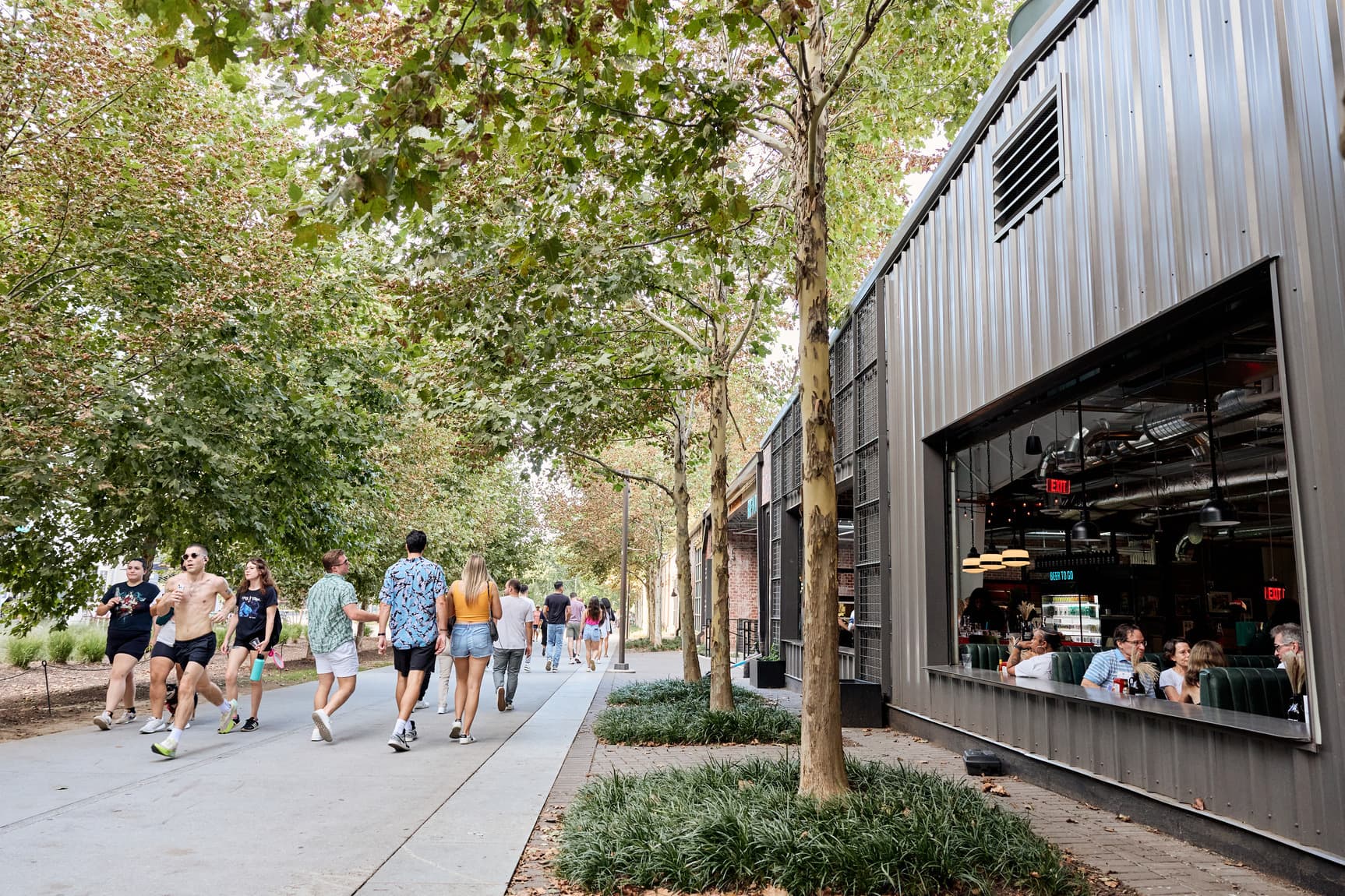The Blog

Business News
Now Opened Along the Beltline: December 2025
Discover the latest businesses to open around the 22-mile loop.
Subscribe to our monthly newsletter, In The Loop, for Beltline news, events, announcements, and more.

Subscribe to our monthly newsletter, In The Loop, for Beltline news, events, announcements, and more.